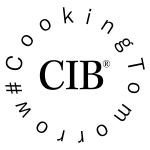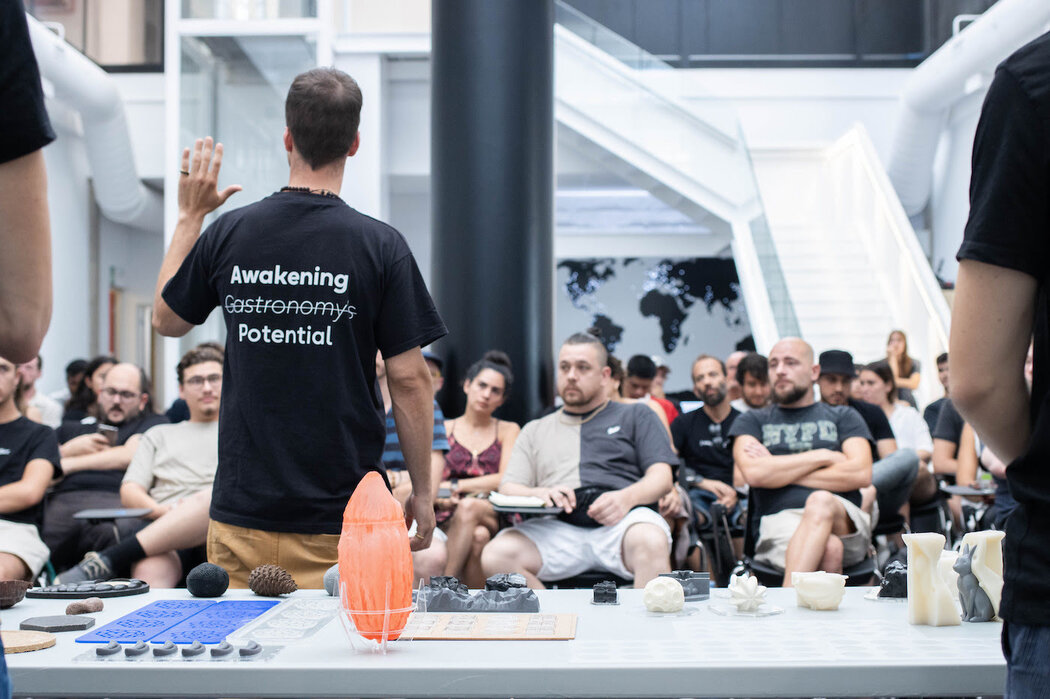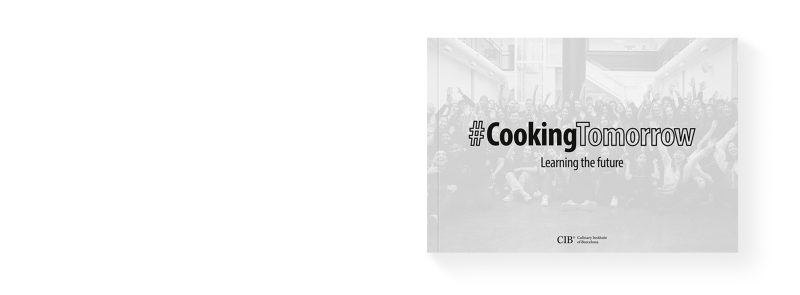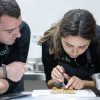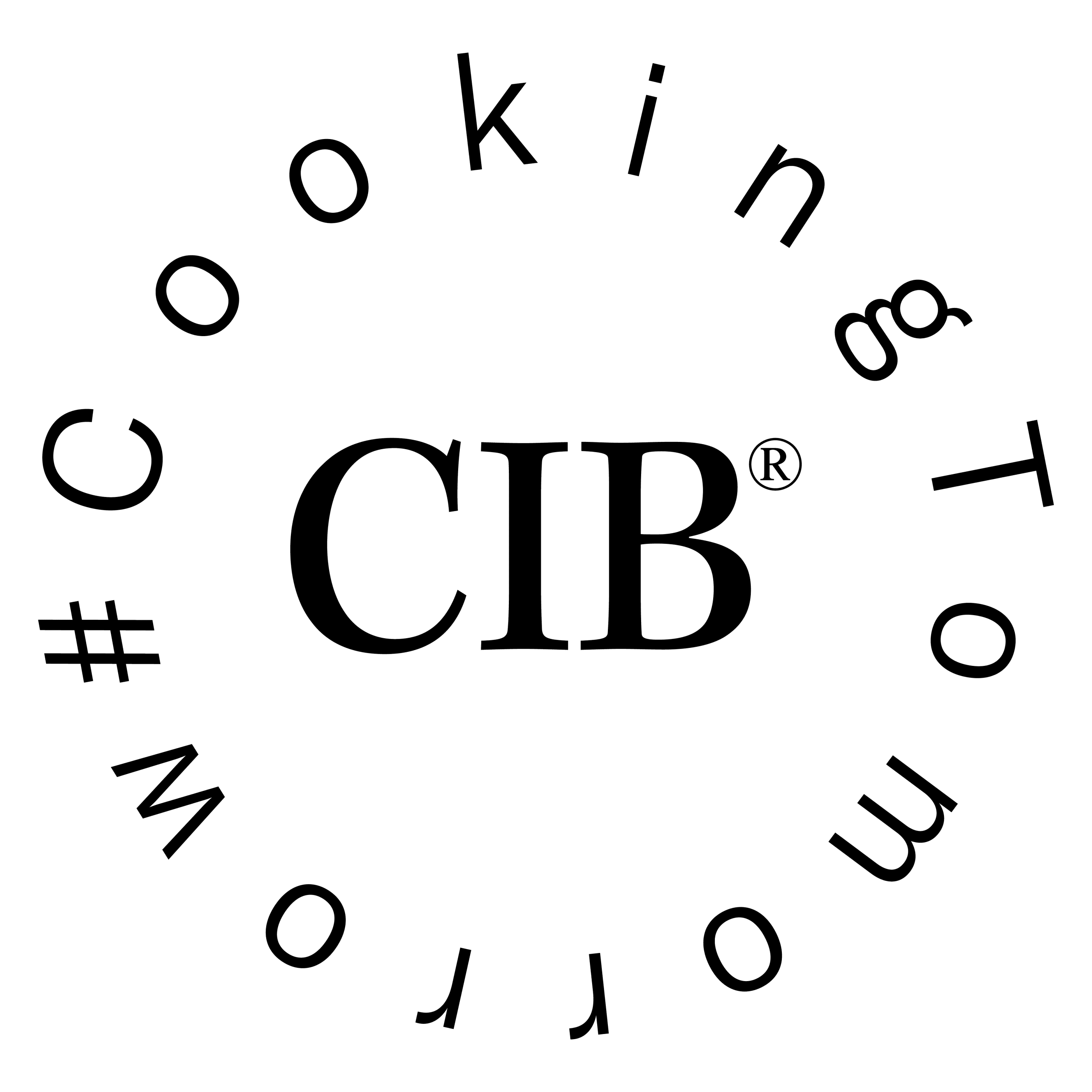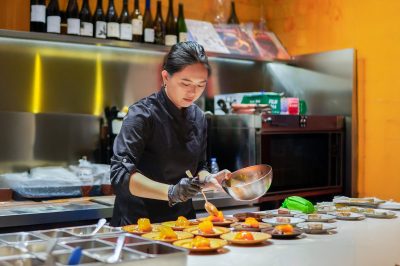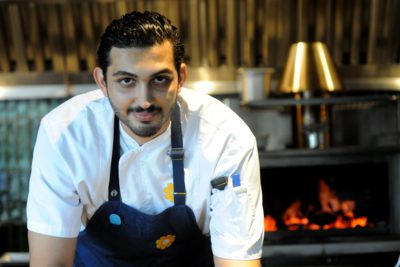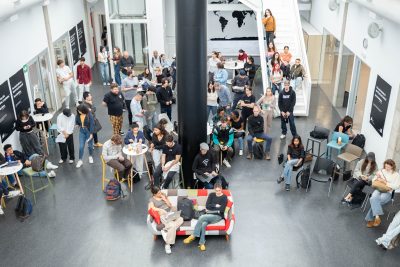Environmental, social and technological changes together with digitalization and the change in consumer experiences are generating a new paradigm in product design. New generations of consumers are increasingly demanding products that contribute to sustainable development and generate social impact.
One of the greatest challenges we will face in the future is excessive consumerism and an imbalance in the system. Therefore, we need new business models, sustainable products and services to help reorganize the chaos. We invited different FoodTech companies, specialists in food waste, food design or product innovation to reflect on how young people can envisage, invent and launch solutions within the gastronomy sector that help us to address the challenges we are facing.
The technological revolution to reduce food waste
Paloma Iturmendi, Agrosingularity CMO, kicked off the talks by explaining how by combining innovation, design and the will to generate positive impact, we can generate sustainable business models that help support the environment.
Agrosingularity is a company that revalues fruits and vegetables that are lost in the first two stages of the food distribution chain, that is, the farmer and the food industry. This company is in charge of producing functional ingredients with high added value by transforming agro-industrial waste and aims to become a leader in the European market of ingredients of natural and sustainable origin.

During the break, we talked to Paloma about the project and a few other things:
Paloma, what role do you think chefs have as agents that are part of the transformation towards a more sustainable world?
Currently, the food industry is moving towards a “clean label” path, which can only be achieved by optimizing the recipes of the products on the market. To do this, we 100% need input from chefs.
Do you think chefs also have a role to play in educating the consumer?
Yes, absolutely. The entire food industry chain has a responsibility to educate the consumer, because in the end we are the ones who are wasting the most food at home, so everyone involved in the chain has a very big responsibility.
How can you turn a product that is a priori seen as a waste product, into something interesting that can be used to create a restaurant dish?
In Spain, we have a very strong culture of fresh food, so it is difficult for us to understand that food waste is not garbage. As I mentioned before, everyone involved in the chain, with the help of the government and public institutions, can help re-educate consumers to gradually see that food waste is not garbage.
What impact would it have on our planet if we all wasted much less food?
129 million kilos of food are wasted per year in Europe alone, 80% of which could be reused. So yes, the impact would be enormous.
Designing the food of the future
During the second presentation, Juan Manuel Umbert Rossellóm CEO and co-founder of Makeat was joined by the rest of his team to present their project: an innovation center dedicated to product design and development, as well as consultation in gastronomic innovation.
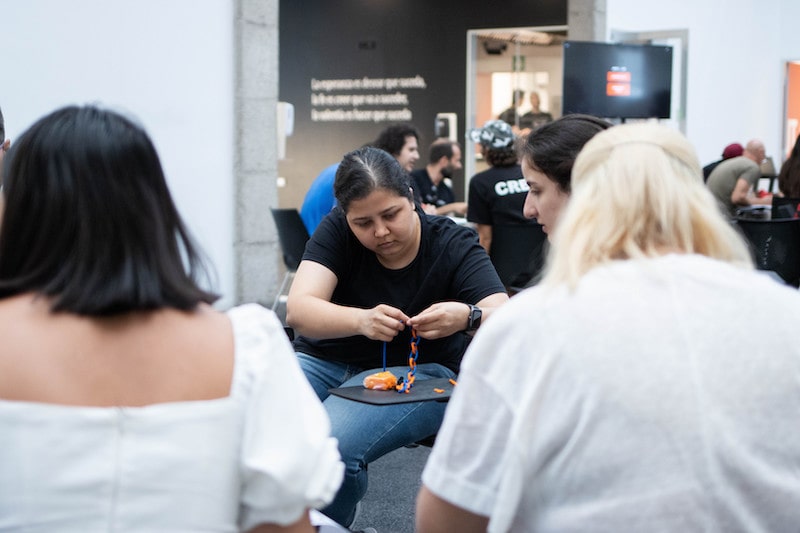
Juan Manuel told us more about the project and we delved into some topics he discussed during his presentation at the Culinary Institute of Barcelona.
Juan, who are Makeat’s clients?
At the beginning we worked for the HORECA channel, hotels, restaurants, cafés, etc., materializing the “spearheads’”, that is, the chefs’ creativity. We worked with Michelin Star restaurants to give them new tools that could generate change, whether to their food, to the way they present their dishes, to the tableware, etc.
Today, we focus on the industry and big brands because they are the ones who have big problems. We want to apply ingenuity, design, and creativity to solve issues such as the introduction of plant-based options into the entire food system, or how to reduce plastic or create creative systems to streamline business processes, among many other things.
What is your work process like?
We start with a brief, which is the issue or need that a client detects in the future or imminently. We analyze this information very well and we return a list of questions that help us identify, in our different fields of knowledge, which is the best option.
For example, if you want to create a new material, we go to the materials engineering area and develop materials using different technologies or processes. If the issue involves design, i.e. optimizing a process, we go to the design and process engineering area and try to analyze the workflows. Or the creative area, for example if a customer wants to connect with a young audience, we conduct a user analysis by selling the product in different locations, “targeting” the public in order to draw conclusions. Depending on the problem, we offer a solution.
What role do chefs play in Makeat?
We work side by side with chefs. When we work in the HORECA channel, a chef has certain needs, that is, they need to stand out and want to create things that are their own. Each chef has an identity, which we can see very clearly with chefs such as David Muñoz, Paolo Casagrande or Jordi Cruz. Each one has a particular style and what we do is allow them to do their own thing using technology and design. So, the chef is in a way at the centre of our operation.
Do you think that nowadays, chefs have to think about other disciplines as part of their job?
At Makeat, we think that what we are doing at this talk is the most important thing we can do, which is to cultivate talent. We are disseminating our knowledge so that these people, the future of gastronomy, can implement it. We are not saying it ourselves, we’re seeing it in Ferran Adría’s techno-emotional cuisine, but the same thing is happening in all disciplines; we are merging. Just as cuisine is becoming globalized, and in a city like Barcelona you can find Indian, Mexican, Thai or Japanese cuisine, so are other disciplines and that is where innovation starts.
At the end of the talk, the Makeat team held a workshop for CIB students where they were given the tools to work creatively and turn an idea into something real.
To do this, the team explained their work methodology, which based on multiple methodologies and allows them to get from their objective to executing the final product by using their own tools and molds for product creations.
During the workshop, students started by creating user and empathy maps to understand, locate and organise their ideas as part of the double diamond methodology, which is based on proposing an idea, parking it and then rethinking everything and parking it again. With the concept maps, the students developed an idea, materialized it in a model and then presented it to the rest of the group.

Diagram of the Double Diamond Troubleshooting methodology
Round table: new emerging ingredients
This fascinating day with a round table discussion moderated by Patricia Jurado, who was joined by Pol Contreras, multidisciplinary chef, creative consultant and specialist in the ‘bean to bar’ movement who also has his own brand of chocolates. Pol shares his knowledge about the world of cocoa waste and how they are creating high-quality products that are revaluing the cocoa market.
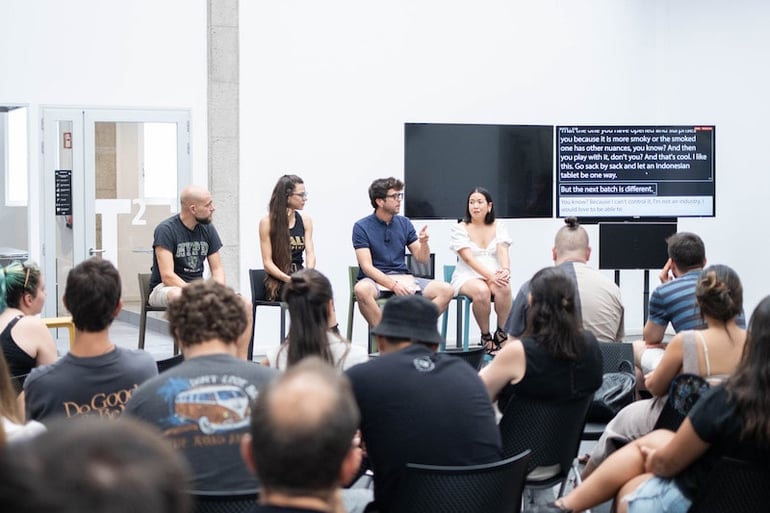
We also heard from Alexandra Pera Cegarra, biochemist at Cali Terpenes, with whom we discussed cannabis and how this stigmatized plant is making an impact on the world of gastronomy, as well as its potential and multiple medicinal applications.
“We are here to create, not to follow trends” – Pol Contreras
